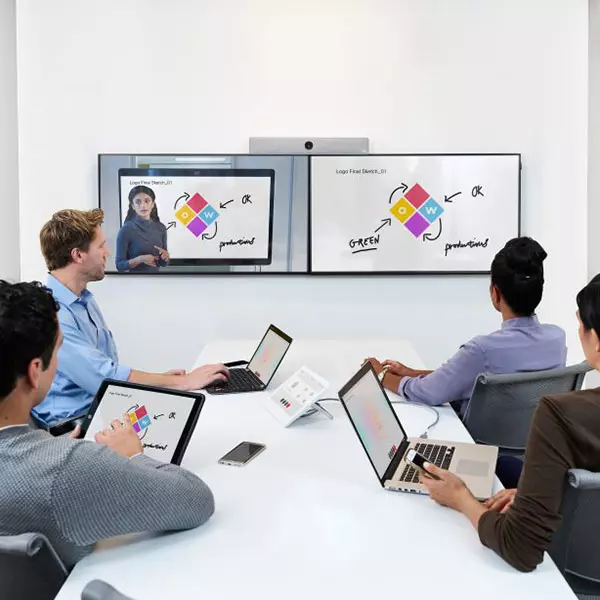
Abia State’s Pursuit of SDG 4 and SDG 8
Teachers are among the most impactful figures in society, nurturing minds and molding futures across generations. Governor Alex Chioma Otti, OFR, deeply values the crucial role of teachers in sustainable development, particularly within Abia State’s dedication to Sustainable Development Goals (SDGs) 4 and 8, which center on quality education and sustainable economic growth. His administration has made significant strides in empowering educators, improving educational outcomes, and promoting economic productivity through comprehensive policies that prioritize both the educational and workforce sectors. Here’s a closer look at these efforts, which underscore the lasting influence of teachers and Abia State’s commitment to educational and economic advancement.

Prioritizing Quality Education: Achieving SDG 4 in Abia State
Improved Learning Environments
Governor Otti’s administration is retrofitting over 170 primary schools and 51 secondary schools across Abia’s 17 local government areas, ensuring safe, conducive, and resource-rich learning spaces. These facilities on completion will feature safe classrooms, sanitation facilities, clean drinking water, and technology resources to enhance teaching and learning. This transformation aligns closely with SDG 4’s goal to provide inclusive, quality education.
Early Childhood Development
Recognizing the importance of early education, the state has invested in early childhood programs, equipping teachers with resources and training to foster healthy, holistic development for young learners. This initiative lays the foundation for lifelong learning and success, ensuring children from all backgrounds have an equal opportunity to thrive.
Technical and Vocational Education Expansion
Abia State is addressing SDG 4.4 by expanding access to Technical and Vocational Education and Training (TVET) at primary and secondary levels. Through this initiative, students gain practical skills in ICT and other critical sectors, preparing them for careers in a rapidly evolving, tech-driven economy. This focus on vocational training is complemented by early coding and robotics instruction, empowering students with the skills necessary for modern workplaces.
Eliminating Gender and Accessibility Barriers
Abia State is committed to eliminating gender disparities in education and promoting inclusion for all children, including those with disabilities and those in rural areas. Through initiatives like the International Day of the Girl Child, the state promotes equal opportunities for girls and boys alike. These efforts closely align with SDG 4.5, striving to make education accessible and inclusive for all students.

Teacher Quality and Training
Abia State understands that teachers are essential to achieving quality education. To this end, Governor Otti’s administration has retrained 2,000 primary school teachers to update their skills and pedagogy in line with modern educational needs. A similar initiative is being extended to secondary school teachers, ensuring that educators receive the training, recognition, and motivation they need. By investing in teacher development and welfare, the administration meets SDG 4.c’s goal to expand the supply of qualified teachers.
Driving Sustainable Economic Growth: Abia State’s Contributions to SDG 8
Governor Otti’s administration goes beyond education to support sustainable economic growth, aligning with SDG 8’s emphasis on decent work, economic productivity, and financial stability.
Enhancing Teacher Welfare
Supporting decent work for teachers is a priority in Abia State, with new welfare incentives, fair retirement benefits, and equitable salary practices. Teachers across Abia State now receive fair compensation and resources that ensure their well-being and satisfaction, promoting a positive work environment.
Financial Support for School Management
To foster effective school management, the administration allocates monthly financial assistance to head teachers in all 926 schools. This consistent funding enables head teachers to address operational needs, promoting quality education and decent work conditions. This commitment enhances educators’ capacity to focus on their primary mission: teaching.
Safe Work Environments
In line with SDG 8.8, Abia State has bolstered security in schools, deploying security personnel to create safer work and learning environments for teachers and students. This initiative protects educational institutions and promotes a secure, productive workplace.

Empowering Teachers: The Immortal Influence Driving Abia State’s Development
Teachers play an invaluable role in driving Abia State’s progress toward SDG 4 and SDG 8. Governor Otti’s administration has acknowledged the immense influence of teachers by providing them with fair compensation, ongoing training, and the resources they need to thrive in their roles. Through these efforts, Abia State honors the lasting impact of teachers, building pathways for students to succeed in a thriving economy. This visionary approach positions Abia State as a leader in sustainable education reform, embracing teachers as the guiding force behind a prosperous, inclusive future for all.





